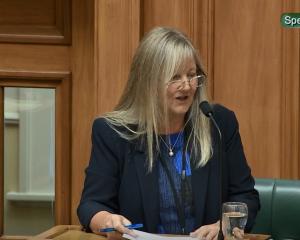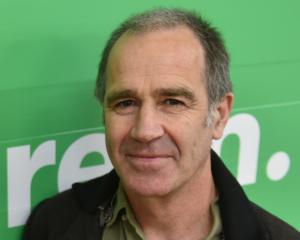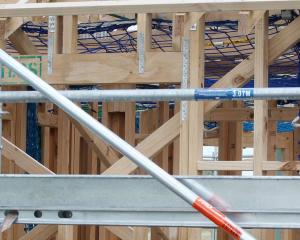The Labour Party and David Shearer are growing in popularity, new polls show, despite a leadership scuffle which overshadowed the party's annual conference.
The first polls since the party's conference two weeks ago showed Labour's support had not been dented by the unsettling events of the last two weeks.
A TVNZ Colmar-Brunton poll showed Labour had risen three percentage points to 35 per cent of the party vote, its highest level since last year's general election.
With the support of the Greens, which rose one point to 13 per cent, Labour would hold 62 seats - enough to run Government. National slipped one point to 44 per cent, and would not hold enough seats even with the support of its coalition partners the Maori Party, Act, and United Future.
A 3 News Reid Research poll also showed growing support for Labour and its leader, but showed the Maori Party would hold the balance of power.
National, United Future and Act would win 61 seats in a 124-seat Parliament, with Labour, Greens, and Mana gaining 60 seats. Neither coalition would run Government without the Maori Party's three seats.
This poll indicated New Zealand First would not be elected, even with the prospect of a lower party threshold of 4 per cent.
National's support remained relatively steady, but its support partners were losing popularity. It has been forced to defend a high unemployment rate and challenges to the country's environmental record.
Labour's conference was disrupted by MP David Cunliffe's refusal to pledge support to Mr Shearer, and a party rule change which made it easier for a candidate to launch a challenge for the leadership.
But Mr Shearer also gave a stirring speech at the event, and received unanimous support from his MPs three days later after taking a tough stance on Mr Cunliffe and calling an urgent caucus vote. He also made a major policy announcement, promising that the party would build 100,000 affordable homes in 10 years if elected.
Mr Shearer's popularity rose four points in the Colmar-Brunton poll to 15 per cent while Mr Key slipped three points to 39 per cent. This trend was echoed by the Reid Research survey.












